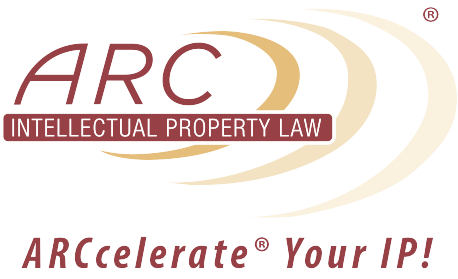Licensing In General – Patents, Copyrights, and Trademarks
Say you have a registered patent, copyright, or trademark, but it is just sitting on your desk collecting dust and you want to find some way to make it make money for you. What can you do? One option is to license it to a person or corporation who will pay you to use your intellectual property. Essentially, your intellectual property is an asset and can make you money.
What does it mean to license your intellectual property? A licensing agreement is an arrangement between the owner of the intellectual property and a person or entity who wants to use the intellectual property in exchange for some type of fee.1 By entering into a licensing agreement you are giving someone else the right to use your intellectual property and, in some cases, will also be giving up your right to use it.
Is there more than one type of licensing for intellectual property? The answer is simple, yes! Here are some examples of the different kinds of licenses.
Exclusive License
One of the most common types of licenses involving patents, copyrights, or trademarks is the exclusive license. With an exclusive license the parties to the licensing agreement agree that no other person or entity can use the intellectual property referenced in the agreement.2 The exclusivity typically operates on the licensor, preventing the licensor (the owner of the patents, copyrights, or trademarks) from licensing those patents, copyrights, or trademarks to another third party. Essentially, the licensee steps into the position of the intellectual property owner and the licensee acquires all rights over the patent, copyright, or trademark. However, an exclusive license can also hold a provision preventing the licensee from sub-licensing the intellectual property to another third party.3
Non-Exclusive License
Non-exclusive licenses of patents, copyrights, or trademarks will allow a licensor the ability to license to more than one person or corporation. By entering into an agreement for a non-exclusive license the owner is essentially agreeing not to sue the licensee for infringement of whatever intellectual property they are licensing.4 As such, non-exclusive licenses may be less valuable and subject to lower licensing fees than exclusive licenses because there may be greater competition between rivaling licensees.
Geographical License
Another type of license is a geographically defined license. These licenses will allow licensees to market, distribute, and sell those products within a specific geographic region. For instance, some geographical licenses will only allow a licensee to manufacture or commercialize on the intellectual property within a specific geographical scope such as a country, a state, or a city.5
These are just a few of the many types of licenses available for intellectual property. Licenses can be very beneficial to owners of patents, copyrights, or trademarks, because they allow the owner, who may not have the financial, business, or technical ability to market or produce the intellectual property, to monetize on their idea.
ARC IP Law, PC is well versed in identifying and negotiating licensing opportunities.
Danna Cotman is the founder of ARC IP Law and has handled a wide variety of intellectual property matters, including patent, trademark, and copyright litigation, and prosecuted applications before the United States Patent and Trademark Office.

